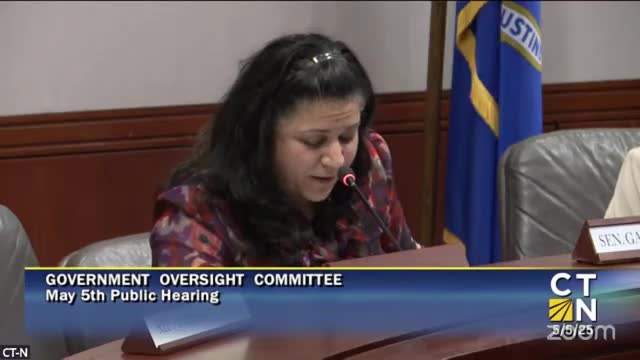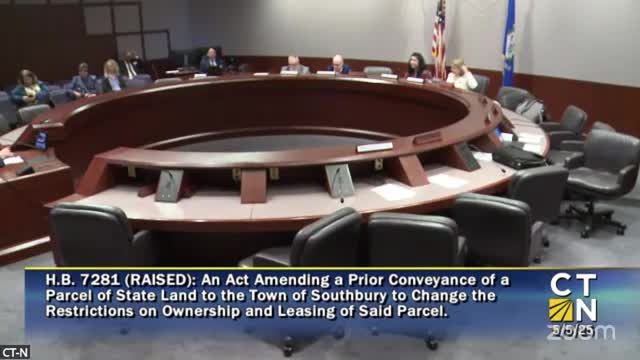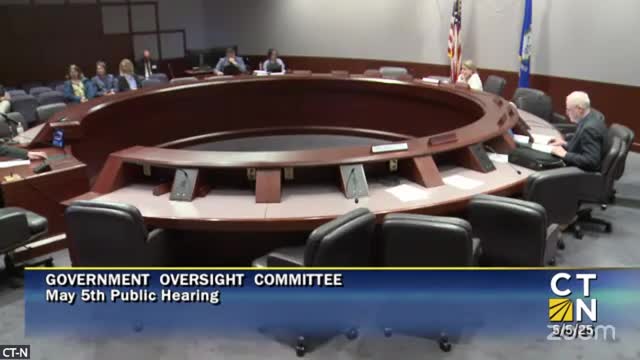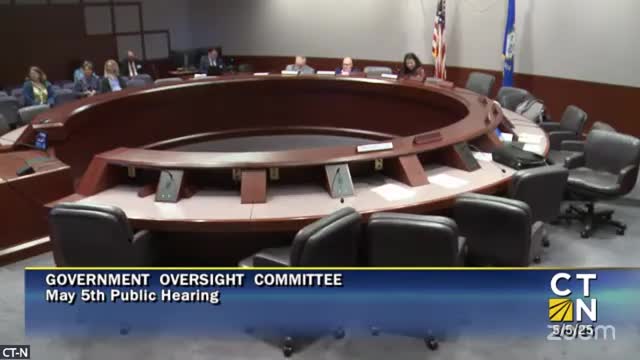Article not found
This article is no longer available. But don't worry—we've gathered other articles that discuss the same topic.

Lawmakers, residents press to change Newtown land deed from economic development to open space; Hubbard foundation seeks financing fix

Willington seeks small DOT parcel to build new fire station as aging station faces mold and foundation damage

Southbury seeks broader authority to develop former training-school village, lawmakers debate funding and return-to-state language

Plymouth conveyance draws split public testimony: neighbor seeks control to deter trespass; conservation groups urge state to retain forest land

